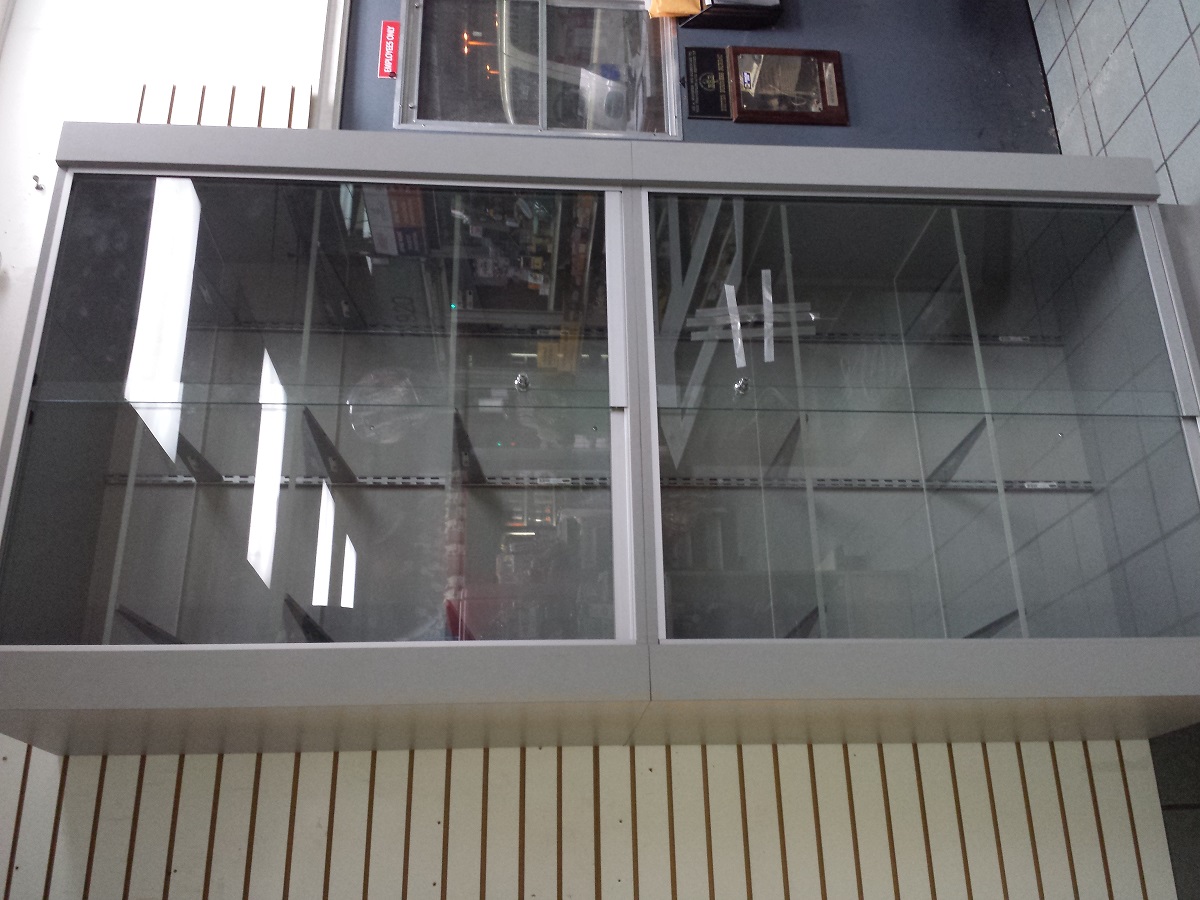How to Turn Away Work
How to tactfully decline a job that you think may involve trouble or unpleasantness. February 16, 2012
Question
A common friend (who has referred good jobs before) referred one of his friends to me for a job. I am smelling disaster with this one and have no wish to pursue it. How does one politely turn away a job without screwing up relationships?
Forum Responses
(Business and Management Forum)
From contributor G:
I'm busy, sorry that I can't fit you into my schedule.
From contributor S:
Make the bid high enough that it is worth it to you. If they are totally nuts add 80% and get half of the money upfront with a signed contract. Most likely the high prices will scare him away. If he takes it then be patient and remember he is making a few of your boat payments!
I donít turn down jobs, I just give crazy bids. I do this also when I simply do not have time to make an accurate bid. I recently has asked (almost begged) to make 600 entry doors for a hotel. There were many different designs and too many variations for me to do the costing fast enough. So I picked the most expensive looking of the doors came up with the costing and multiplied it by 600. They accepted! The worst thing that could have happened was they might have said.
From contributor U:
Telling the prospective customer that you are too busy is the way we've handled this in the past. Despite the fact that it may have been a bit of truth stretching, it got us off the hook while leaving the subliminal message that we must be good (and we are) because we're busy. We've preferred this method instead of using exaggerated bid prices which tend to leave the wrong message and close the door on any future opportunities.
From contributor G:
I have on several occasions bid high and received the job and still regretted it.
From contributor M:
I agree - bidding high is not the way to control work flow or run someone off. I used to use a Granite fabricator that I believe used pricing to control how much work they had. One quote they would be low, the next sky high, so I quit sending them rfq's.
From contributor S:
I would say bid high. Worst case scenario you get the job, but get some extra money to put up with the whole mess.
From contributor C:
Money doesnít fix all the walking disasters out there so if you think this job isnít for you just say so. ďI canít at the present time bid your project because I donít feel it is doable within my expectations etc, etc.Ē Make it sound good, practice in front of the mirror or say it to your wife/girlfriend. It helps but itís not always easy turning someone away especially if theyíre persistent. I am working with a client presently (finishing up the project) they were such a pain to me even if they ask me to do more work for them I would only consider it for a price.
From contributor M:
Thereís always the "I don't like you and I wouldn't work for you for any amount of money." I have used that twice in 30 years and there is no chance of anyone misunderstanding that one.
From contributor K:
I would be curious as to what is causing you concern, being that people generally tend to gravitate towards people of similar personalities. The first one you should worry about is the person referring them and how you handle that. "Mr. Customer, I wanted to let you know that I followed-up with Mr. Referral and we had a nice discussion about their project. I wanted to give you an update because in my business, referrals are the life-blood of my business, not to mention I am sure you are a little curious. After meeting with him, I had some reservations about whether what they were trying to accomplish was a match to what we provide and the way we provide it, and as you can attest, a happy customer is one whose expectations are met, so it's important to me that we have a match in project and expectations, especially from a referral. That said, I wanted to thank you for the referral, and hope to receive more in the future, but in the meantime, I wanted to express my appreciation for the referral with this gift card for a night out for you and your wife (or some gesture). Thanks again! Even though it wasn't a match this time, it was still greatly appreciated."
To the referral - something similar to the above, with the caveat of being fair to both sides, and being that they are a referral from a satisfied customer, wanting to ensure you had a match in project scope and expectations as relationships are involved.
From contributor D:
What is the reason you don't want it? If you could change the part you don't like would that make it work? To turn the job down high bidding is not the way to handle a job you don't want. I usually will simply tell them I can't accommodate the time line and am covered up with work. Be professional and polite, telling them we don't want to work for them is really what we may feel like but not business like.


